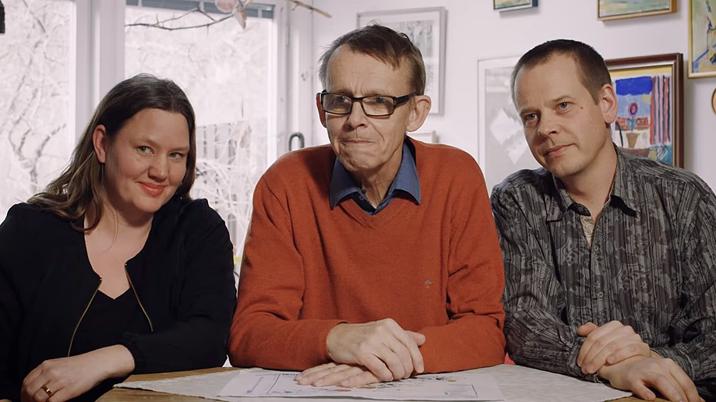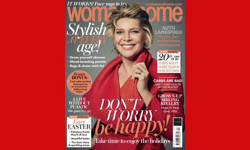
The book I started on my sun-lounger last week, Factfulness by Hans Rosling, was duly completed on the long plane journey home from Mexico. I recommend you read it. It’s an absolutely superb read, uplifting and challenging in equal measure.
Globally, mankind is making enormous progress across a number of important measures, yet the overwhelming majority of people, across all socio-economic groups, think the exact opposite.
Put simply, people are unaware of the facts.
This matters enormously. By getting it so wrong, our business leaders are making poor commercial decisions, failing to invest in growth economies because they just don’t know they’re growing; rich countries run the risk of cutting, or misdirecting, their foreign aid budgets when they are actually working well, because they fail to see the progress being made and… we are all a bit less happy than we could be because thinking the world is going to the dogs is stressful…
It therefore falls to influencers to make sure people are better informed. The media has a particular responsibility. We can help by:
- providing context and perspective: disasters and evil deeds need reporting, but don’t report them in insolation. Show the bigger picture.
- reporting good news too! This is not a question of sugar coating or burying bad news, but intelligently and objectively reporting when things get better.
- investing in the continuing professional development of our editors and journalists to make sure they have a well-informed and up-to-date worldview. Buying them all a copy of this book would be a good start.
- reviewing journalism training programmes to make sure the core tenets of “factfulness” are inculcated into future generations of journalists.
As the authors acknowledge, publishers are not statistics agencies. Not being boring is hard-wired into our business model, but drawing the right line between alarming and informing our readers has got to be a good thing.










